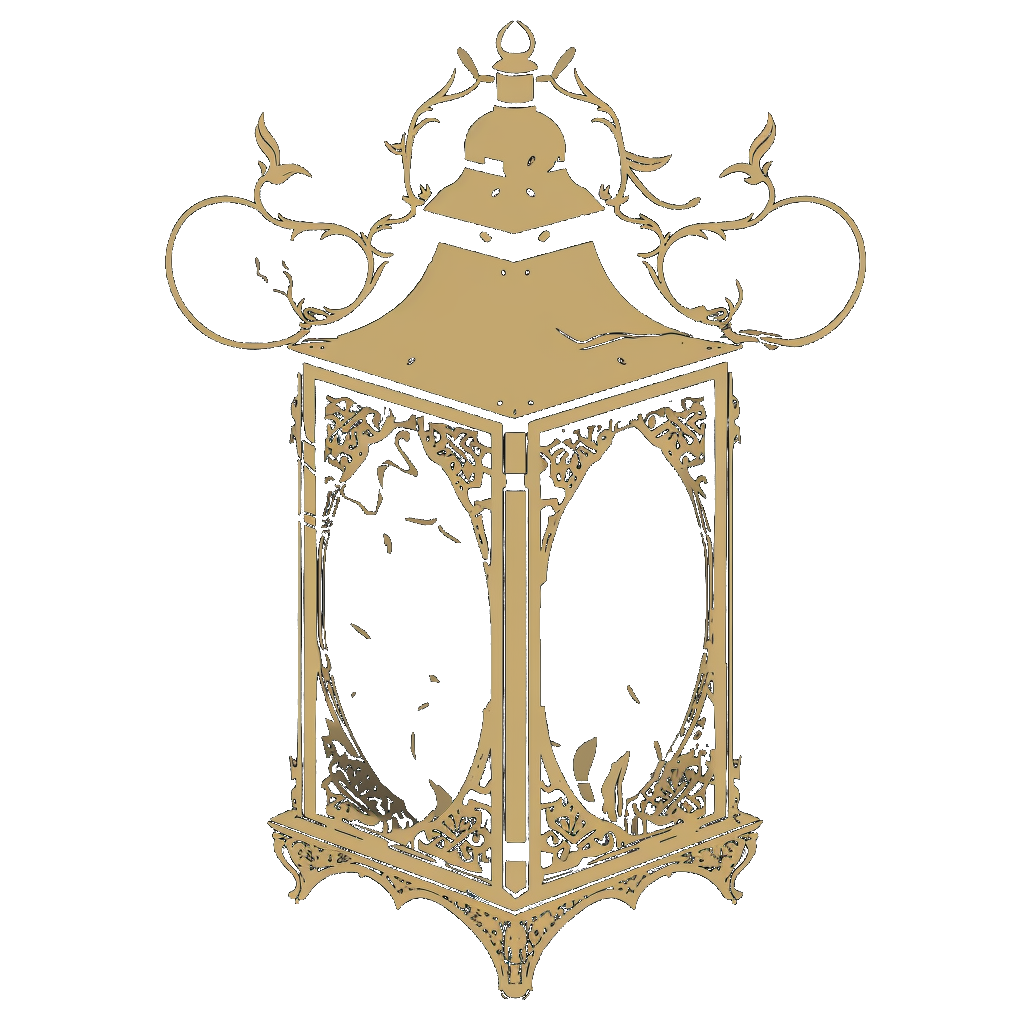Gievrian
The Gievrian culture is rich and diverse, comprising several separate kingdoms on the continent of Gievrys. The Gievrians are primarily a mix of humans and some dwarves, each domain boasting its unique traditions, art, music, and belief systems. Their connection to nature and spirituality is integral to their identity, and they strongly emphasize family, community, and hospitality.
However, their culture suffered significantly under the rule of the Vahrai Empire, a mighty serpent folk race that originated from the neighboring continent of Akaris. The Vahrai Empire sought expansion and domination, leading to the conquest of Gievrys.
Oppression by the Vahrai Empire
The Vahrai Empire's dominance over the Gievrians was established through dark magic and overwhelming military might. They cast a shadow over the land, forcing the Gievrians to bow to their authority and submit to their oppressive rule. As the Vahrai's control tightened, the once-proud Gievrian culture started to wither under their influence. The Gievrians' cherished customs, beliefs, and traditions were systematically suppressed by the Vahrai Empire. The serpent folk imposed their customs and ideas upon the conquered people, eroding the Gievrian cultural identity. The vibrant tapestry of Gievrian art, music, and folklore was tarnished, and the unity within the various kingdoms began to fade. The Vahrai Empire's thirst for power led them to exploit the abundant resources of Gievrys as they had in Akaris, plundering the land for their benefit without concern for the well-being of the native population. The Gievrians suffered under heavy taxes and tributes imposed by their overlords, leading to economic hardships and hindering their development and growth. Many Gievrians were subjected to the chains of enslavement and forced labor. They toiled relentlessly in the Vahrai's grand construction projects and dangerous resource extraction operations. Any semblance of resistance or rebellion was met with swift and brutal retaliation. Dreams of freedom seemed like distant mirages as the weight of the Vahrai's tyranny bore down upon them. However, the Vahrai Empire's dominance faced a turning point when a terrible disease spread among their population. The disease exclusively affected the serpent folk, weakening their hold on Gievrys. Seizing this opportunity, the oppressed Gievrians organized themselves, forming alliances between kingdoms, and began to push back against their tyrannical overlords. The uprising against the Vahrai Empire marked a period of intense struggle and resistance. The Gievrians fought to reclaim their freedom and cultural heritage. The serpent folk's weakened state allowed the oppressed people to reclaim their territories, leading to the eventual liberation of Gievrys from the Vahrai Empire's oppressive rule. This significant historical event further solidified the Gievrian culture's resilience and determination to rebuild their kingdoms, restore their traditions, and create a society where freedom and harmony reign. However, the scars of their oppression can still be felt today, as much of the architecture and fashion are still heavily influenced by Vahrai's occupation.Naming Traditions
Feminine names
Danika, the Fearless
Mei, the Whisperer
Kyeln, the Enchanting Blossom
Mei, the Whisperer
Kyeln, the Enchanting Blossom
Masculine names
Talyn, the Valiant
Ravi, the Golden Heart
Sorn, the Courageous
Ravi, the Golden Heart
Sorn, the Courageous
Family names
The naming convention in Gievrys differs from that of Mirisian names, as it lacks a serial structure. Unlike Mirisians, Gievrians do not have a customary matronymic or patronymic naming system, meaning they do not have surnames. In Gievrian culture, people can change their names whenever they want, especially when their lives take a new direction. Moreover, many Gievrian names include an honorific that is given at some point in their life and becomes an integral part of their name.
Culture
Major language groups and dialects
Modern Gievrysian is a combination of Old Gievrysian and Akarren dialect, with some influence of Vahrai language.
Shared customary codes and values
Upholding one's honor and acting with integrity are highly regarded in Gievrian culture. Keeping one's word and being honest in dealings are essential qualities. Due to Vahrai's rulership, Gievrians hold a strong sense of justice and fairness. They advocate for equitable treatment and standing up against oppression and injustice. If a Gievrian perceives they have been deceived or taken advantage of, they may react vigorously and aggressively as if physically assaulted.
Ideals
Beauty Ideals
Eyes are often considered the windows to the soul in Gievrian culture. Bright, expressive eyes that reflect emotions and depth of character are admired.
Gievrians admire grace and fluidity in movement. Elegance and poise are highly appreciated in dance, daily activities, or martial arts.
Gievrians often use tattoos and intricate body art to symbolize their life experiences, achievements, and personal growth. These adornments are seen as expressions of identity and beauty.
Courtship Ideals
In an oppressed society like Gievrys, where the people have endured centuries of subjugation and loss of autonomy, gift-giving takes on a special significance in courtship for many reasons. Gift-giving in courtship becomes a symbol of freedom and individual expression. In a society where people's freedoms and choices have been restricted for so long, the act of selecting and presenting a gift represents a sense of agency and autonomy for both the giver and the receiver. At the same time, open expression of emotions was once discouraged and even dangerous under the Vahrai rule. Gift-giving can subtly communicate affection and interest without explicitly stating feelings, reducing potential risks in a restrictive environment.
Related Locations


Ahoy! What a beautiful background and article style you have! I like how your introduction connected the Gievrian ethnicity directly to the Summercamp prompt. The rule of the Vahrai Empire seems very convincingly powerful and dark, especially as the Gievrian culture still carries scars from the occupation. It reminds me of many modern day countries that still have buildings in use or public transport systems from their previous occupiers. I love their naming system, I wonder how it follows with societal bureaucracy? Excellent work :)